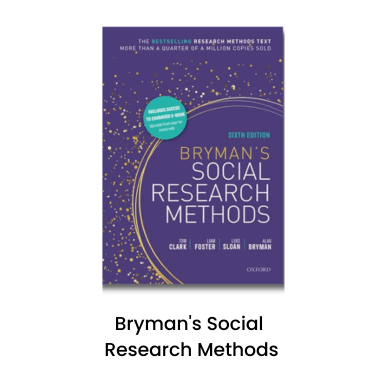Procrastination getting in the way of your studies? We’re here to help. Time management is essential for students hoping to get top grades. Balancing classes, essays, exams, and personal life can be tough, but these 10 time management strategies will help you make the most of your study time and avoid procrastination!
Set clear goals
Before sitting down to study, you should have a clear goal in your mind. Define what you’d like to achieve in this session – the more manageable and achievable the goal, the better. Break your objectives down into smaller more manageable tasks. Now allocate how much time each task is likely to take. By knowing what you want to achieve, you can allocate your time more effectively to tasks that matter the most. Use a to-do list or calendar to keep these goals clear in your mind.
Create a routine
Establishing an achievable study routine that incorporates your classes, study sessions, and breaks will make studying easier. Allocate specific time blocks for each subject or task and stick to them. A well-structured, manageable schedule will help you make the most of your time and study more consistently.
Eliminate distractions
The number one culprit of my procrastination is my phone (or me, I suppose). One notification can lead me into a social-media-induced coma and suddenly an hour has passed. To avoid falling down internet rabbit holes, designate a time your phone will remain off until. Apps that block specific applications for a time are also available. By eliminating interruptions, you can maximise your productivity and get more done in less time.

Study with friends
Having a trusted friend who will keep you on track in the room can be an invaluable study aid. But be careful, avoid studying with friends who you’re likely to spend more time chatting with than studying. Ask your friend to keep you on track if you get distracted and do the same for them.
Use the Pomodoro Technique
This technique has personally helped me complete many seemingly impossible essays! The Pomodoro Technique is a time management method that involves breaking your study time into short, focused intervals (usually 25 minutes) followed by a short break (5 minutes). After completing four intervals, take a longer break (15–-30 minutes). Breaks are important for preventing burnout, and this way of allocating them improves concentration and avoids the quality of your work declining from tiredness.
Reward yourself for work done
Whether it’s a snack, time on your phone, or some quality time with friends, setting rewards for tasks completed is a powerful self-motivator. Find what works best for you and stay disciplined – overindulging in rewards is a slippery slope that can leave you less motivated to work. A well-balanced rewards system makes studying more enjoyable and easier to maintain.

Set achievable goals
Planning to write an entire essay in one sitting is daunting, and unlikely to inspire you to sit down and actually do it. However, achieving a goal – regardless of size – releases reward chemicals in your b rain that motivate you to continue. So, start with a quick achievable task. Once completed, the satisfaction from completing this small goal makes it more likely you will continue studying longer.
Review and reflect
Periodically reviewing and reflecting on your time management strategies is essential for improvement. Take the time to evaluate your daily, weekly, and monthly routines. Identify where you went wrong last time and where you can improve your time management, then make necessary adjustments. Continuous self-assessment allows you to fine-tune your approach and become more efficient over time.
Don’t neglect breaks
However you choose to allocate your breaks, make sure not to neglect the importance of them. It can be tempting to power through all your work in one sitting, especially with deadlines encroaching. But this is likely to lead to a lower quality of work and decreased memory retention. Avoiding exhaustion with breaks and ensuring you get a good night’s sleep is proven to increase productivity and prevent burnout.
Make the most of resources
Finally, don’t hesitate to seek help and resources when needed. If you’re struggling with time management, consider reaching out to academic advisors, professors, or classmates for guidance. Many universities offer workshops or resources on time management and study skills. Utilise these resources to enhance your time management skills and academic performance.
By mastering these 10 time management tips, you can strike a balance between your study time and personal life and achieve top grades!
This blog has been written by Nathan, Kortext Student Ambassador at the University of Leeds and reviewed by our team.
Looking for more ideas for study success? Check out our student reel here for tips on acing your assignments.



















